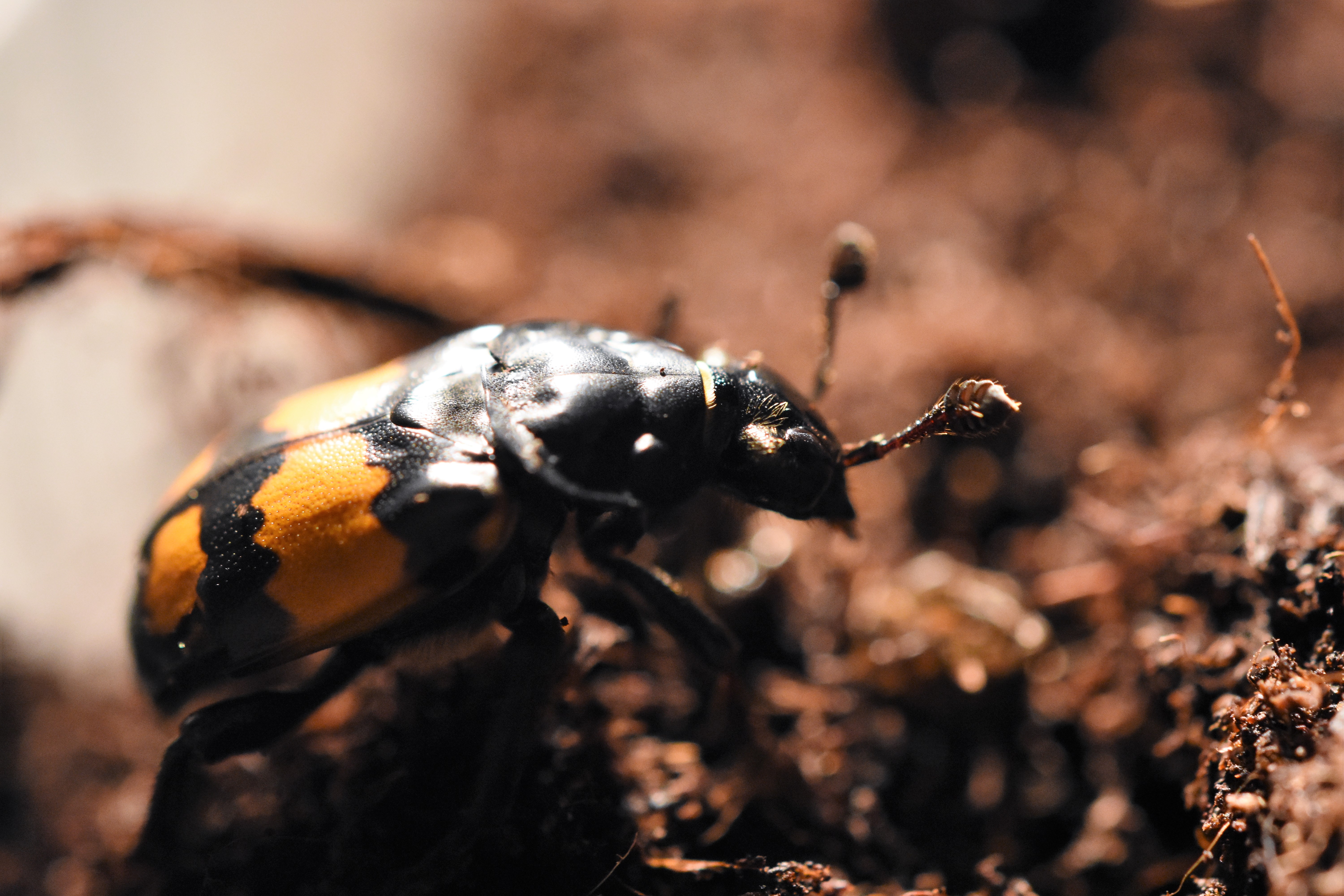
Matthieu PAQUET
Former Fyssen 2014
and Per T. SMISETH
PNAS 2017 ; published ahead of print June 12, 2017
In species with biparental care, there is sexual conflict as each parent is under selection to minimize its personal effort by shifting as much as possible of the workload over to the other parent.Most theoretical and empirical work on the resolution of this conflict has focused on strategies used by both parents, such as negotiation. However, because females produce the eggs, this might afford females with an ability to manipulate male behavior via maternal effects that alter offspring phenotypes. To test this hypothesis, we manipulated the prenatal conditions (i.e., presence or absence of the male), performed a cross-fostering experiment,and monitored the subsequent effects of prenatal conditions on offspring and parental performance in the burying beetle Nicrophorus vespilloides. We found that offspring were smaller at hatching when females laid eggs in presence of a male, suggesting that females invest less in eggs when expecting male assistance.Furthermore, broods laid in the presence of a male gained more weight during parental care, and they did so at the expense of male weight gain. Contrary to our expectations, males cared less for broods laid in the presence of a male. Our results provide experimental evidence that females can alter male behavior during breeding by adjusting maternal effects according to prenatal conditions. However, rather than increasing the male’s parental
effort, females appeared to suppress the male’s food consumption, thereby leaving more food for their brood.
food consumption | manipulation | maternal effects | parental care | sexual conflict
Matthieu PAQUET est intéressé par l’écologie comportementale et plus spécifiquement par
i) les interactions familiales et le rôle que jouent les effets maternels dans la résolution des conflits familiaux ainsi que
ii) le rôle combiné des effets maternels prénataux (e.g. investissement dans les oeufs) et les effets parentaux postnataux (e.g. soins parentaux) sur les traits d’histoires de vie et la dynamique des populations.
Il a réalisé son projet Fyssen de 2015 à 2017 à Edimbourg avec Per SMISETH où ils ont testé la possibilité pour les femelles de manipuler le mâle lors des soins parentaux via des effets maternels prénataux en utilisant le scarabée nécrophore Nicrophorus vespilloides comme espèce d’étude.
Avant cela durant sa thèse, avec Rita COVAS et Claire DOUTRELANT ils ont étudié les effets maternels induits par la présence d’assistants (« helpers ») et leurs conséquences pour les parents et leur descendance chez le Républicain social Philetairus socius.
Matthieu réalise à présent un post doctorat de 2 ans à SLU, Uppsala où il travaille sur la dynamique d’une population de Traquets Motteux Oenanthe oenanthe avec Debora ARLT et Tomas PÄRT.
Publications :
. Maternal effects as a mechanism for manipulating male care and resolving sexual conflict over care
. Females adjust maternal hormone concentration in eggs according to male condition in a burying beetle


